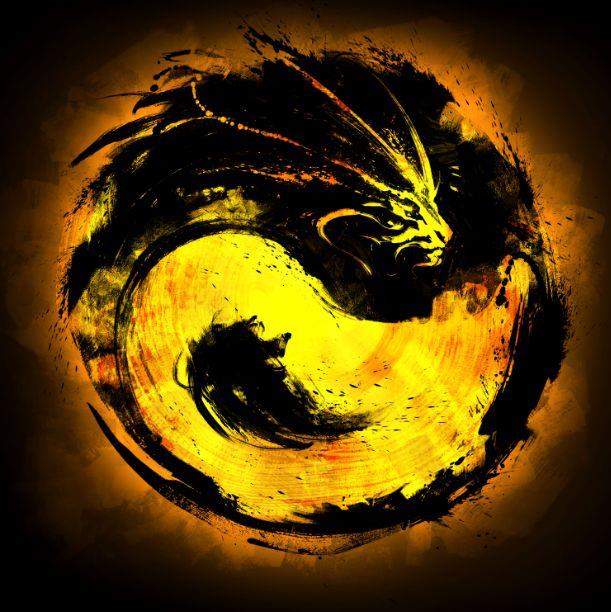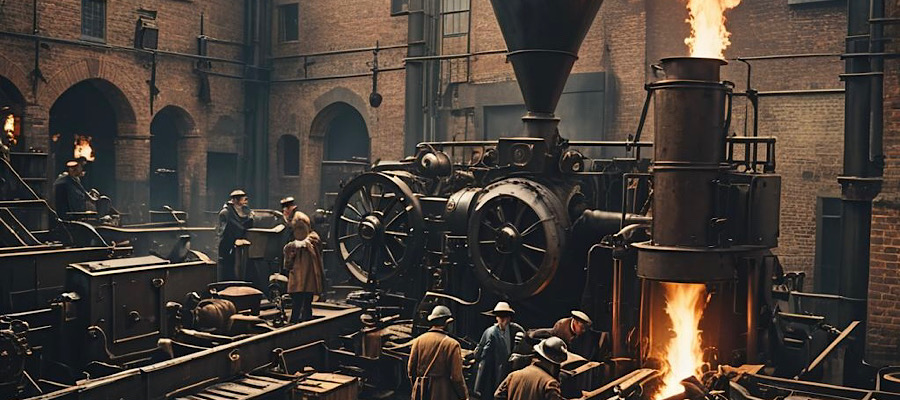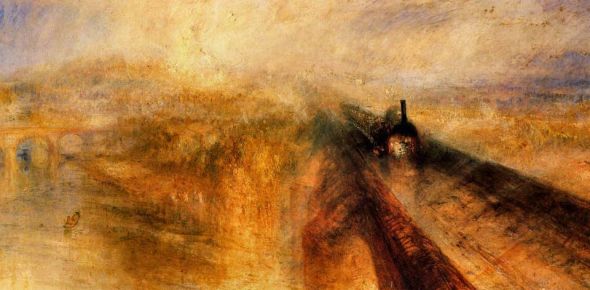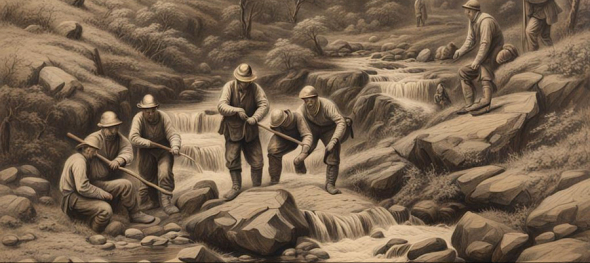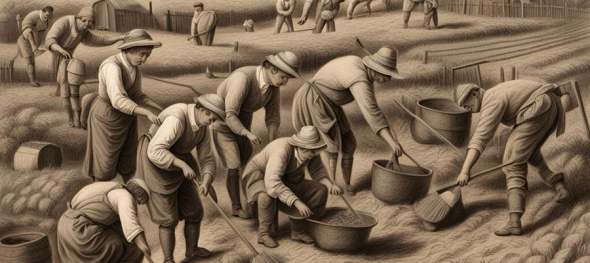The phrase Fourth Industrial Revolution was first introduced by a team of scientists developing a high-tech strategy for the German government. Klaus Schwab, executive chairman of the World Economic Forum (WEF), introduced the phrase to a wider audience in a 2015 article published by Foreign Affairs."Mastering the Fourth Industrial Revolution" was the 2016 theme of the World Economic Forum Annual Meeting, in Davos-Klosters, Switzerland. Wikipedia
Up until 1750 revolutions occurred slowly and took their time allowing folk to be accustomed to the new ways of doing things and the new thinking that went along with it. Not to mention that from time to time, when humans were dragging their heels and just not getting on with things fast enough, they were very bloody. The period between 1775 and 1848 is often called the Age of Revolutions. During these years, society underwent a series of revolutions in almost all areas of life: politics, war, social and cultural, and economic and technological. As always, this change brought criticism and opposition, often violent.
Back in the early 16th century, William Tyndale the biblical scholar and linguist harnessed the power of a new technology- the printing press, to change the course of history. Bringing in the Protestant reformation paving the way for the birth of the modern age - the English Civil Wars.
Did they thank him for his contribution? In 1530 he upset Henry viii by criticising his use of the prelates and scriptures in seeking an annulment of his marriages. Tyndale ended up fleeing Britain and seeking refuge in Europe, near Brussels. He was arrested in 1535, convicted of heresy and executed by strangulation after which his body was burnt at the stake, in 1536. It could be argued that he was removed more for the dissemination of knowledge than for its content. cf. Julian Assange.
As the Industrial Revolution heated up, so did the technology. Up until the development of manufactories, most weaving was carried out rurally. Check out this page for an interesting introduction.
New techniques and inventions came rapidly allowing the centralisation of that process. Time, after all, is Money. And so the entrepreneurial classes adopted these modernisations as fast as they could. The Flying Shuttle, the Jaquard Loom and of course the newest and greatest power of the age - steam. The fallout from this was that the old way of doing things simply became outdated as demand grew. The village weaver rapidly became a figure of the past.
The Napoleonic wars didn’t help. Demand for cloth for uniforms grew. Only the mills could supply the amount needed. Cotton and Wool. The end of the war saw a decline in demand and the beginnings of French protectionism that changed the landscape once again. Whereas French prisoners of war in Britain were forced to build walls, those British prisoners in France were encouraged to weave. This period was one of economic instability, with wages rising and falling like the tides, coupled with that, the eradication of the rural way of life and you had the perfect crucible for the beginnings of revolutionary thought that would come to pass by the beginning of the 20th century.
Dissent, took the form of the Luddites. The followers of the Legendary Ned Ludd, an apocryphal apprentice who allegedly smashed two stocking frames in 1779 after being criticized and instructed to change his method. Between 1811 and 1816 there was plenty of violence, both from the machine breakers and the Mill Owners who were not averse to shooting the protestors or using the military to quell the populace. Numerous deaths, hangings and deportations ensued.
Today we are going through another Industrial Revolution. hot on the heels of the Digital Revolution of the late 20th Century comes the Fourth. Its rate of change is just as rapid as any era during the previous revolutions. It too is greeted with fear and misapprehension. There are those that violently oppose the changes that this new technology and its thinking will bring. But make no mistake it is here to stay.
Karl Marx and Freidrich Engels envisioned smooth transitions between the phases of Communism, from the mess of the Early Industrial Revolution, through Socialism to the Glory of Communism brought about by Automation. This being the human world, things don’t usually work out that way.
The old political orders have been smashed. Religious hegemony is dead. Liberalism is dying, Fascism continually gets destroyed every time it raises its ugly head, Communism has been discredited. What comes next?
